This is a common complaint I often hear in our workshops. I think almost every photographer has experienced this at some stage of their photographic journey. The good news is that asking this question is usually a sure sign that you are entering an exciting new developmental stage of your photographic journey! When we are in the beginning stages of an upgrade of our understanding and knowledge, it takes a little while for the execution to catch up to the expectation.
Understanding your equipment
The most common reason your photo does not come out the way you want it to is that your camera is dumber than you imagine. When you buy a camera, it feels like a lot of money you are spending. The camera is advertised with any number of amazing features. Your first few photos (on Auto mode) are amazing. Now, however, you are trying slightly more ambitious shots. There is nothing that a camera on Auto mode handles worse than mood or creativity. The camera is merely a photocopier of what is in front of it. It does this well – this and every piece of programming it takes to achieve that end. So, when you want to shoot with a specific look in mind, this is often when you first start bumping up against the camera’s limitations.
The solution: Know your gear, how to use it, how it works and its limitations!
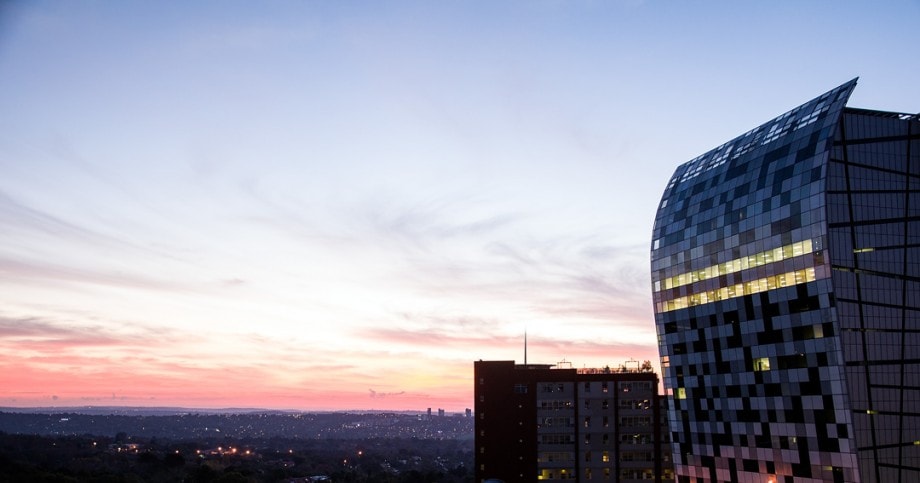 |
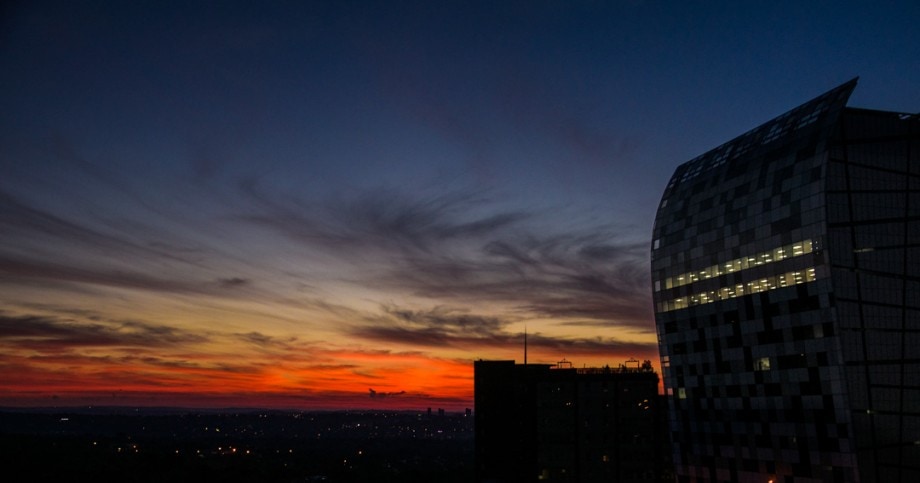 |
| Photo taken on auto | Photo taken with manual settings |
“You can take a better photo than your camera can” –John Fox
The full picture
In my conversations with beginner photographers, I have often experienced a naïve understanding of how a shot (to which they aspire) was actually achieved. We are exposed to a lot of great images, but a disproportionately fewer amount of “behind the scenes” explanations. Without experience or insider knowledge, it can be hard to reverse-engineer an image. There is almost always more that went into a great shot than you would imagine. This results in beginners not being able to reproduce a shot, and therefore not understand why their results don’t come close to the shot they aspire to.
The solution: Learn as much as you can from photographers creating the type of images that interest you. They have insider knowledge, tips and tricks, and specialist equipment which has been developed over years.
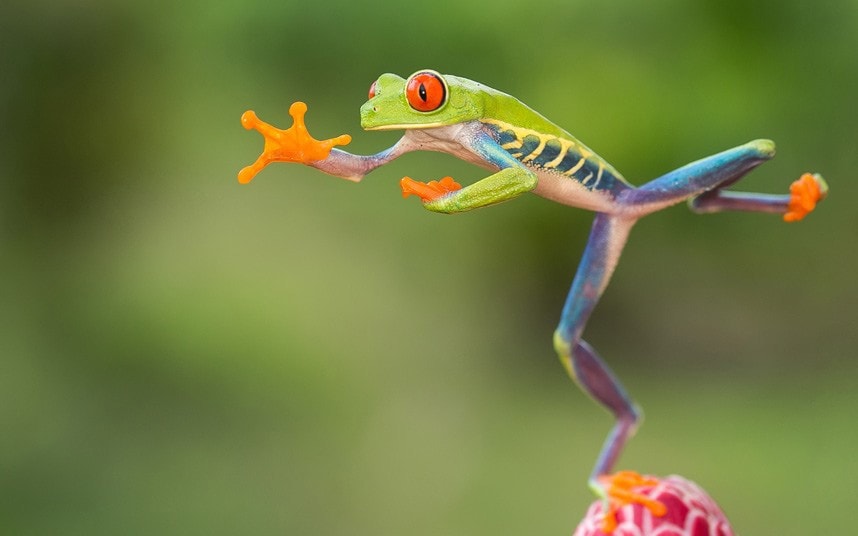 |
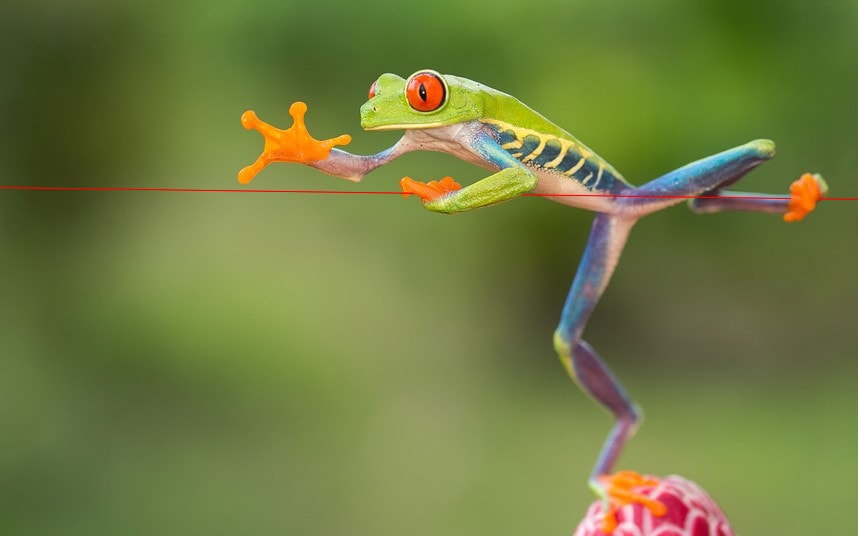 |
| This image is titled “Jumping red-eyed tree frogs of Costa Rica” by Nicolas Reusens | Usually a piece of thread is used to create these shots, which shows us that the frog was never jumping at all |
Practice, practice, practice
We so often see that the photographers who shoot all the time, grow the fastest. Regular practice helps you to master your gear, identify and correct mistakes with better picture retention rates, and provides more opportunities to put your learnings into practice. We are living at an exciting time where digital cameras with their LCD backs have seriously sped up the average learning curve!
The solution: Shoot lots and often. It is the best shortcut to your development.
“The master has failed more times than the beginner has even tried.” –Stephen McCranie
Post processing
I have often come across beginner photographers who are against editing their images. This is for a bunch of reasons which I am not going to unpack here. The short version of this debate can be summarised as follows: If you are not going to edit your images, do not expect to achieve the results of professional work you try to emulate. Cameras produce a latent image and you need to extract the full potential. EVERY great image has had some processing done to it – some more than others, but ALWAYS.
The solution: Don’t underestimate or ignore the importance of processing your images. There are powerful tools available and are well worth mastering.
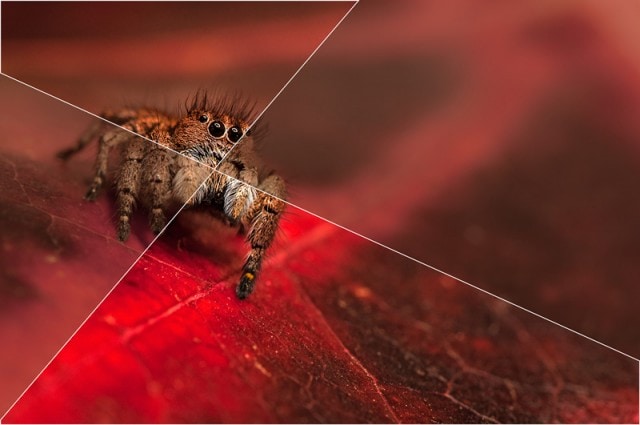
If you would like to learn more about the advanced topics of photography, do not hesitate to book for our fully comprehensive 8-week Advanced Photography Course.



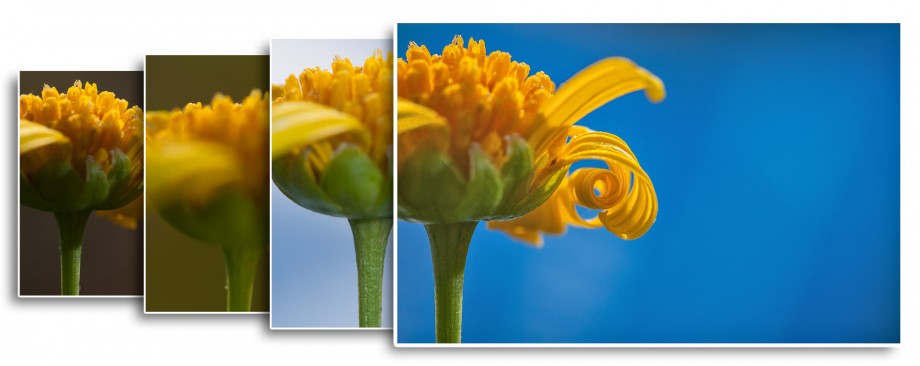
Thank you John. With regard to processing, I recently read somewhere that shooting in RAW is like shooting B&W film in the old days… you had to go to the darkroom to process and print the shot. In the digital world, you have to take the RAW image and extract what’s there to produce the final image. And I’m sure you will agree that is not image manipulation, it is simply taking what is there and making it ‘pop’.
Thanks John, interesting as always.
Very interesting article. Thank you.
Thank you John. So true.